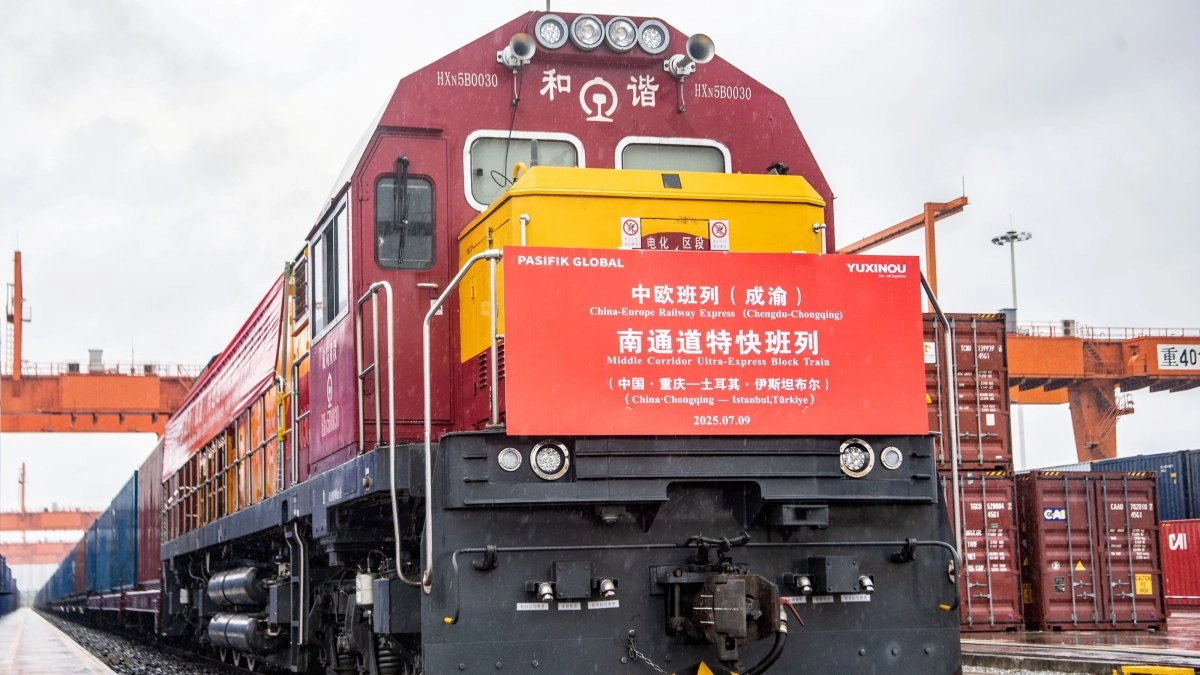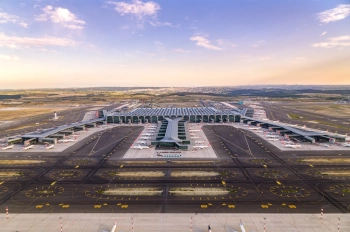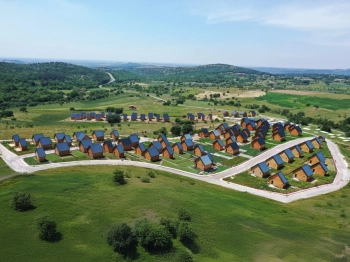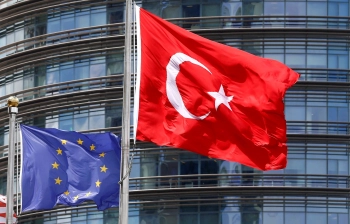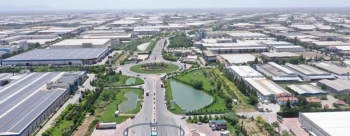Two freight trains departed China for Türkiye as part of the initial direct rail freight on a new regular service via the Middle Corridor, Turkey's Ministry of Transport and Infrastructure confirmed earlier this week.
The trains, each loaded with 2,000 metric tons of cargo, departed from Chongqing and Chengdu on July 9, having already covered 3,500 kilometers in China and entered Kazakhstan before traversing Central Asia and the Caspian Sea. They will continue to Türkiye and head to European destinations.
Transport and Infrastructure Minister Abdulkadir Uraloğlu dubbed the opening a "new era" in East-West logistics, terming such trains "the physical forms of realization of Türkiye's vision on the Middle Corridor."
Türkiye's Role as a Global Logistics Hub
The new rail route is one aspect of a continuing effort by Türkiye to become a geostrategic bridge between Europe and Asia. The agreement for the service was signed between China's State Railway and Turkish logistics company Pasifik Eurasia at the Global Transport Corridors Forum in Istanbul at the end of June.
Türkiye has spent nearly $300 billion on transport and communications infrastructure during the past 23 years, extending its rail network by 3,000 kilometers to nearly 14,000 kilometers today, of which more than 2,200 kilometers consist of high-speed rail.
Uraloğlu emphasized that this complex will have 1,000 freight trains coming through per year, providing continuous logistics between China and Europe. He further stated that the role of Türkiye as a safe and secure trade channel will be better guaranteed during international crises and that it will be a hub for alternative trade corridors.
The opening of the direct freight connection has broader repercussions. While enhancing the nation's status as a leading trading and transportation center, it is set to bring in foreign companies and investors.
Escalating trade traffic typically spurs commercial and industrial property demand, particularly in key manufacturing and logistics regions such as Istanbul, Ankara, and Kocaeli. Residential property demand is also set to rise around key transportation centers as companies establish more operations and attract international staff.
Greater connectivity among Central Asia, China, and Europe through Türkiye also makes the country more appealing as a long-term real estate investment as well as for citizenship-by-investment programs. Future investors in search of safety coupled with access to burgeoning trade routes can see Türkiye becoming a progressively more attractive market in the future.
Looking Ahead
The Middle Corridor project will expand further under the Development Road program, increasing interaction among Türkiye, China, and other European and Asian countries. With plans to raise to 1,000 freight trains per year, this trade artery will increase Türkiye's economic weight and investment appeal even more significantly.
For foreign investors and real estate agents, the Middle Corridor is just another indicator that Türkiye's strategic location will continue to drive property value appreciation and potential investment in the future.
